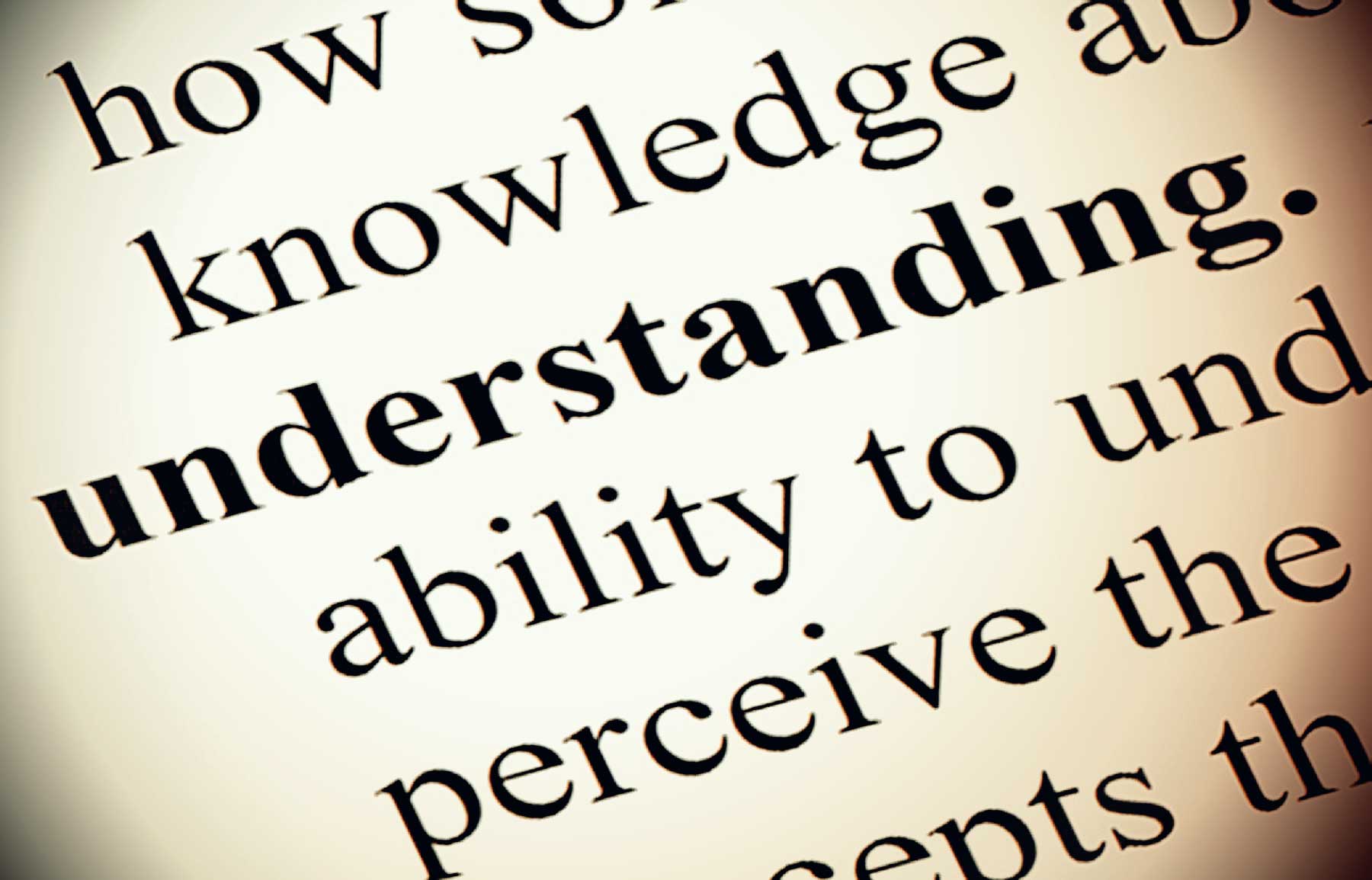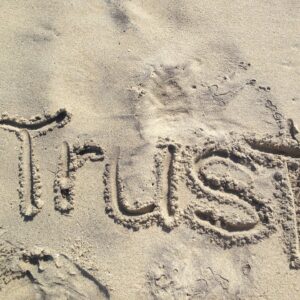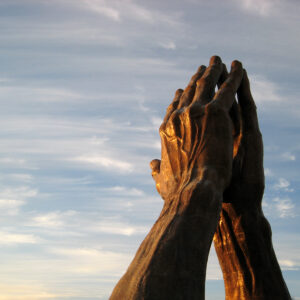Years ago when my son left the church, I chose to dig deep and find the answers to the difficult questions about church history and its doctrine.
I went into this venture with full confidence that I would find the faith affirming answers that would help save my son’s eternal salvation. Because of this effort to understand and save my son, I would now describe myself as an unorthodox Mormon.
When I say this, let me be very clear about what I mean, to try and minimize any misunderstanding.
In my lived experience, the church’s truth claims that are taught in Sunday school every week are taught in a very simplified and faith affirming manner.
I no longer believe many, many of these points as “literally” true as they are taught in this simplest fashion. I now recognize that truth claims are not quite that simple and may only be true if you also take into consideration when and how they are not true.
There are only a few beliefs that I would now say I “know” are true.
And in this case by saying, “I know”, I mean that I have had personal experiences that lead me to believe deeply, but am open to further light and knowledge on everything.
- I believe God exists.
- I believe He is active in my life.
- I believe in the power of prayer.
- I believe deeply in inspiration. I see it everywhere.
- I believe life continues after this one.
- I believe in a loving and just God who will evaluate our lives according to what we know, how we know it, and how we used that knowledge in our lives to help those around us.
Everything else is up in the air for me and I am open to further light and knowledge.
Some of the church’s simplified truth claims I know are NOT true, in the way they are taught. Some of the church’s truth claims I still hope are true, but fear there is a strong possibility that they are not.
My most important quest in this life has always been to seek discernment. I have often prayed for this spiritual gift in the past and actively seek it still to this day.
What do I mean by discernment?
- I want to know what is.
- I want to understand what is true and what is false.
- I am willing to accept an uncomfortable truth and give up a comfortable lie.
- I want to seek truth as best as it can be understood in this life.
At my core, I recognize I am human with many flaws.
- I recognize that my perceptions and understanding can be wrong.
- I can be subject to confirmation bias.
- I sometimes have ignored uncomfortable truths because of cognitive dissonance.
- I can be overconfident if I assume I have seen it all.
I am not alone. I have learned that each and every one of us can be subject to these exact same flaws and cognitive biases.
So I have learned that this pursuit of seeking discernment and truth must also be accompanied with humility.
Fortunately, humility is my greatest attribute. (Failed attempt at humor.)
In the church we are taught to be humble. But it feels that the way the church teaches us to be humble seems to be that we need to be submissive to church leaders, no matter what.
Yes. We are taught to get our own answers through prayer about what we are taught. BUT we are also taught there is only one correct answer to these prayers (Elder Oaks talk about the two lines of communication). And that correct answer is what the leader has already taught.
This is not the humility I am talking about. To me that definition of humility feels more like the principle of being submissiveness to authority.
When I talk about humility:
- I am talking about the humility to recognize the possibility that I can be wrong and you can be wrong.
- I am talking about the humility of being willing to be open to either a yes or a no answer to any question.
- I am talking about the humility to not just seek confirming evidence that only supports the answer I want to be true, but to be open to all evidence and to follow truth, wherever it may lead.
What do I mean by being humble enough to be open to either a yes or no answer?
Here is an example:
Question: Is the church true?
- Am I willing to consider the possibility that the answer could be no?
- If I am not willing to seriously consider this possibility, am I truly humble?
- If I will only seek confirming evidence to this question to support my desire that the church is true, then how am I any better than the cynic who believes the church is false and will only look at negative evidence to support his/her position?
Sadly, I was this kind of person most of my life.
I wanted the church to be true in the way it was teaching me it was true. In my past orthodox life, I would only seek confirming evidence to support my position that I wanted the church to be true, no matter what, and totally ignored or seriously discounted other witnesses to the contrary.
If it were not for my deep desire to help save my son’s eternal soul, I would probably still be that kind of person.
So what do I now desire?
- I desire to be humble and open to truth as best as I can understand it.
- I desire to be open to examine all witnesses and pursue truth to the best of my flawed human abilities.
- And I leave the rest to faith.
So why do I say I no longer believe many, many of the truth claims of the church as they are taught in their simplest forms in Sunday school, general conference, sacrament meeting, and seminary?
Let’s examine just one of those truth claims.
Truth Claim: The Book of Mormon is True.
What was I taught in Sunday school about this truth claim?
- The Book of Mormon is the most correct book on earth.
- It contains the fullness of the gospel.
- Nephi was a real person, who lived in a real place and the things he wrote that he did, he did. The Book of Mormon is a literal history of real people.
So here are a few questions to consider.
- What is the plan of salvation as taught in the Book of Mormon? (Hint: what happens after death?)
- How does that compare to the plan of salvation as taught today in Gospel Essentials class?
- How can you reconcile these differences? (Hint: D&C 19)
- Was the brother of Jared a real person, who lived shortly after a global flood when all languages on the earth were the same?
This is just one little example of why I say I am unorthodox.
You can take this example and follow the pattern for every single truth claim of the church.
- What is the claim?
- What are the children taught in Sunday school?
- Followed by logical questions about what does that really mean, repeated 5 times?
And in a nutshell, that is why I now describe myself as unorthodox.
To me, the simple truth claims that are taught in Sunday school are, often, so simplified in order to be faith affirming that they become disconnected from the reality of what is and what was.
From my perspective, this disconnect, often, pushes the simplified truth claims into the territory of being inspirational, but not always founded upon what is true.
My only desire is to be able to understand and see what is, even if this discovery is uncomfortable in the moment.
I want to understand what is real and true, as best as can be understood in this mortal life.
What is your desire?




Great article, James. Very thoughtful. I hope to read more from you in the future.
Thanks Eric. I appreciate the comment.